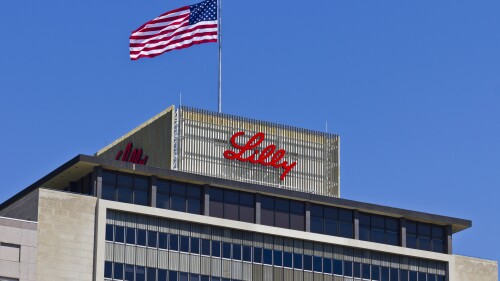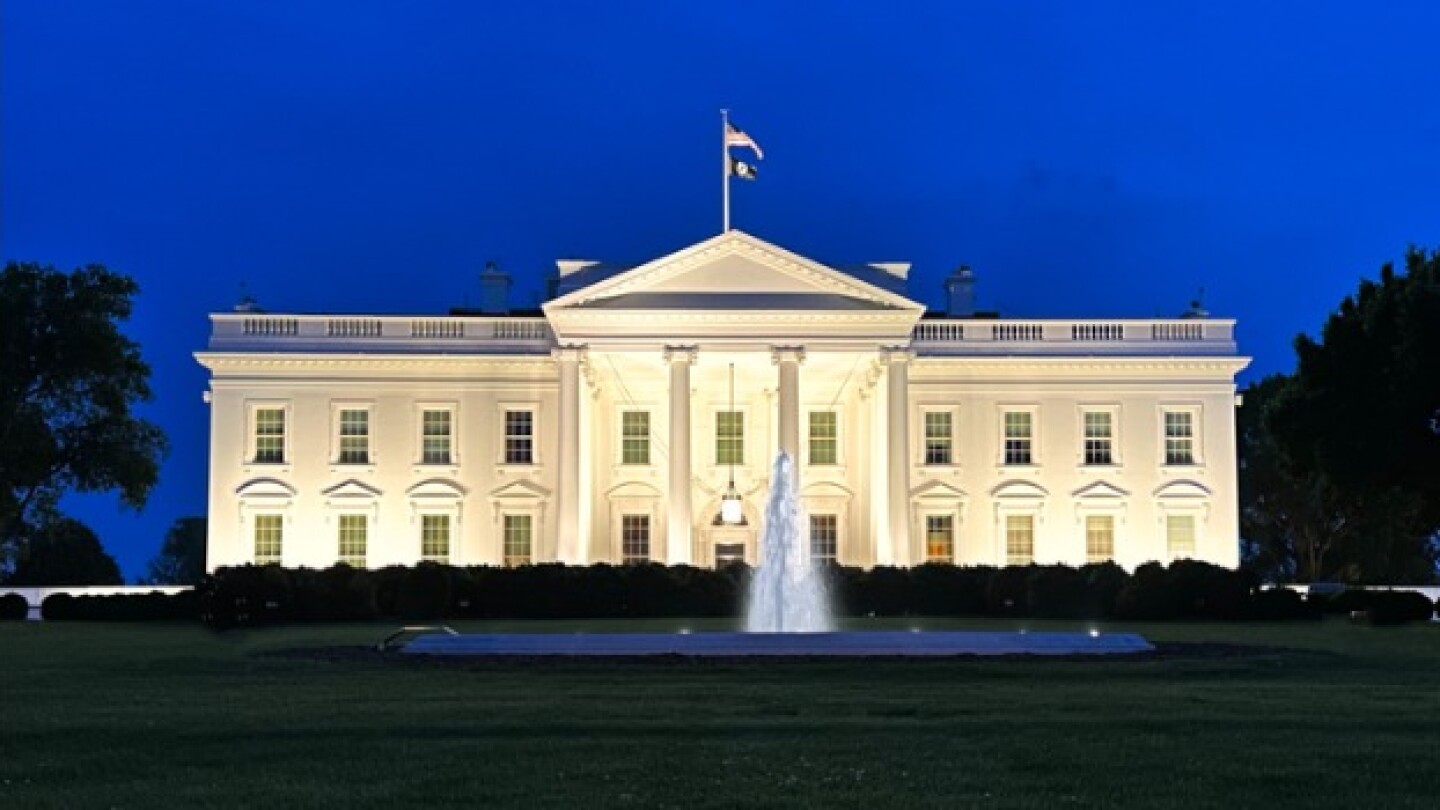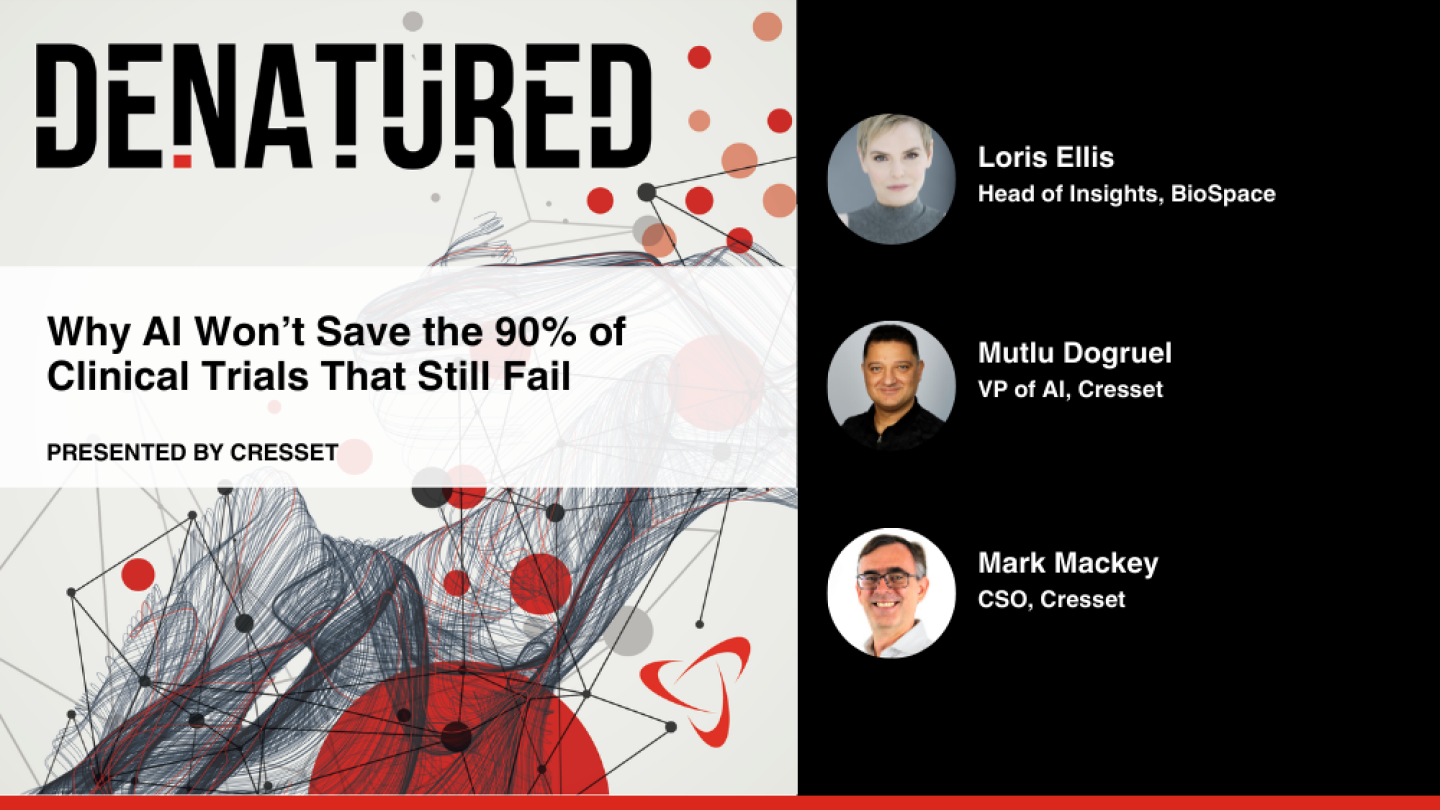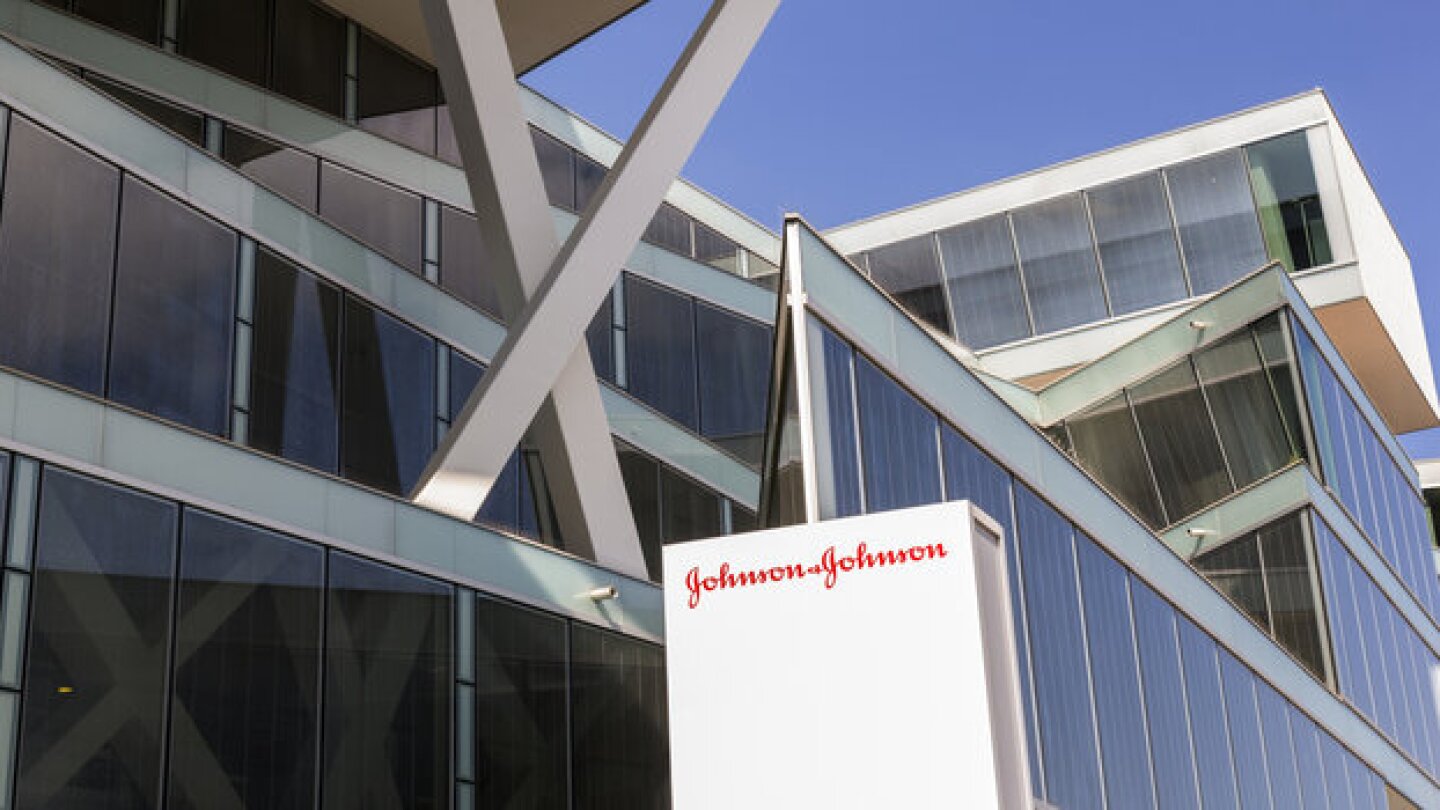News
The White House is clamping down on pharma’s ability to buy new molecules from Chinese biotechs; Sanofi, Merck and others abandon the U.K. after the introduction of a sizeable levy; Novo CEO Maziar Mike Doustdar lays off 9,000 while the company presents new data at EASD; Capsida loses a patient in a gene therapy trial; and CDER Director George Tidmarsh walks back comments on FDA adcomms.
FEATURED STORIES
Analysts said the deal with Novo was likely giving Hims “‘credibility’ or increased consumer traffic,” adding that the “litigation risk is back on the table” now that the Danish pharma has stepped away.
The industry sector focused on aging is only about 10 years old, but acting on what scientists already know, a new crop of biotechs, backed by investors, are taking a disease-centric approach to extending the human lifespan.
TIGIT-targeting therapies have largely disappointed in recent months, with failed studies, terminated partnerships and shuttered businesses. Here are five biopharma players staying alive with differentiated candidates against the once promising immuno-oncology target.
Job Trends
Merck, known as MSD outside the United States and Canada, announced that Health Canada has granted approval of KEYTRUDA®, Merck’s anti-PD-1 therapy, in combination with gemcitabine-based chemotherapy, for the treatment of adult patients with locally advanced unresectable or metastatic biliary tract carcinoma.
FROM OUR EDITORS
Read our takes on the biggest stories happening in the industry.
Following restricted vaccine approvals and changes to CDC immunization schedules, Merck, Pfizer, GSK and Sanofi are all suffering revenue hits to their vaccine programs.
THE LATEST
With results from highly anticipated trials of Eli Lilly’s orforglipron and Viking Therapeutics’ VK2735 “underwhelming” investors, William Blair’s Andy Hsieh predicts weight loss pills will play a bigger role in low- and middle-income countries than in the U.S.
There’s still much more to come from the White House on tariffs, but the European Union has now reached a trade agreement with the U.S.
The drug, for hereditary angioedema, is Ionis’ second wholly owned asset.
Vanda claims that two generics to its sleep disorder drug Hetlioz were approved despite inadequate data and is requesting that FDA Commissioner Marty Makary revisit the decision.
Krystal Biotech’s decision follows the FDA’s rejection last month of Replimune’s RP1, which works similarly to Krystal Biotech’s KB707. The biotech said this has introduced “heightened uncertainty” regarding a potential accelerated pathway for the candidate.
Among the problems cited were cat hair, bacterial contamination and instrument defects.
Washington has had notable life sciences job growth over the past 10 years, according to a Life Science Washington report. The association’s CEO and a biopharma CEO discuss what makes the state stand out, including its talent pool, AI leadership and entrepreneurship support.
In this episode presented by Cresset, BioSpace’s head of insights Lori Ellis discusses clinical trial fail rates and AI’s potential to reduce preclinical costs with Mutlu Dogruel, VP of AI and Mark Mackey, CSO of Cresset.
Stealth BioTherapeutics originally submitted elamipretide for approval in January 2024, only to receive a rejection in May of this year. In addition to accepting the biotech’s resubmission, the FDA has promised to take action on the candidate by Sept. 26.
President Donald Trump first threatened pharma tariffs in February and recently said they were imminent. Johnson & Johnson’s new investment adds to a $55 billion pledge made by the company in March.


















